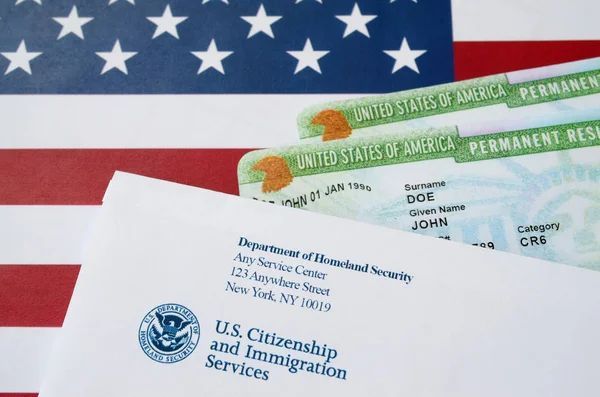🗣️ Fluent in English, Spanish & Portuguese 🌍
Navigating Immigration Law: Edwards v. Attorney General (2024)
In "Edwards v. Attorney General (2022)," Karastan L. Edwards, a native and citizen of Jamaica who became a lawful permanent resident of the United States, petitions for review of the Board of Immigration Appeals’ (BIA) dismissal of his appeal from an immigration judge's (IJ) removal order. The order found Edwards removable and ineligible for cancellation of removal, asylum, withholding of removal, and Convention Against Torture (CAT) relief, based on his conviction for the Georgia crime of family violence battery, classified as an “aggravated felony” under the Immigration and Nationalization Act (INA).
Arguments from Both Sides:
- Petitioner's Arguments: Edwards contested the classification of his crime as an aggravated felony, arguing that subsequent state court orders modifying his sentence should change its immigration consequences. He also claimed asylum, withholding of removal, and CAT relief based on his membership in certain social groups and fear of persecution or torture if returned to Jamaica.
- Respondent's Argument: The government maintained that Edwards’ original sentence and the nature of his conviction rendered him removable as an aggravated felon under federal law. It also contended that Edwards failed to demonstrate eligibility for asylum, withholding of removal, or CAT relief based on the requirements set by the INA.
Analysis:
The court navigated through complex procedural history, including multiple appeals and remands, focusing on whether Edwards' conviction constitutes an aggravated felony under the INA. Central to this discussion was the impact of state court orders modifying Edwards' sentence after his conviction. The Attorney General's decision in Matter of Thomas, which clarified that state court orders modifying sentences have immigration effects only if based on procedural or substantive defects in the underlying criminal proceedings, played a crucial role.
Cases and Statutes Relied Upon:
- Matter of Thomas and Thompson: Guidance on the treatment of state court orders modifying sentences for immigration purposes.
- 8 U.S.C. § 1101(a)(43)(F) and § 1101(a)(48): Statutory definitions concerning aggravated felonies and terms of imprisonment.
- Chevron U.S.A. Inc. v. Natural Resources Defense Council, Inc.: Framework for deference to agency interpretation of ambiguous statutes.
Holding:
The court dismissed in part and denied in part Edwards' petition. It upheld the BIA's findings that Edwards’ conviction was an aggravated felony, making him ineligible for cancellation of removal and asylum. The court also agreed with the BIA's determination that Edwards failed to establish eligibility for withholding of removal or CAT relief. The court found the Attorney General's decision in Matter of Thomas to be a controlling and reasonable interpretation of the INA regarding the impact of state court sentence modifications.
Legal Implications:
The decision underscores the limited impact of state court sentence modifications on federal immigration consequences, reinforcing the strict interpretation of what constitutes an aggravated felony for immigration purposes. It also highlights the deference given to the Attorney General's interpretations of the INA, emphasizing the challenges individuals face in contesting removal based on criminal convictions.
Rating:
Given the court's endorsement of stringent interpretations that limit relief options for immigrants with certain criminal convictions, this case would likely be rated as a 2, indicating a scenario most negative to immigrants. It demonstrates the significant barriers faced by immigrants in altering the immigration consequences of their criminal convictions through state court modifications.

By Juan Torrico
•
January 16, 2025
Discover the latest updates on Temporary Protected Status (TPS) as new countries are added to the list, providing crucial support for individuals facing crises. Learn about eligibility, application processes, and the benefits of TPS to secure your future in the U.S.
CONTACT US
950 S. Winter Park Dr., Suite 207
Casselberry, FL 32707
PRACTICE AREAS










